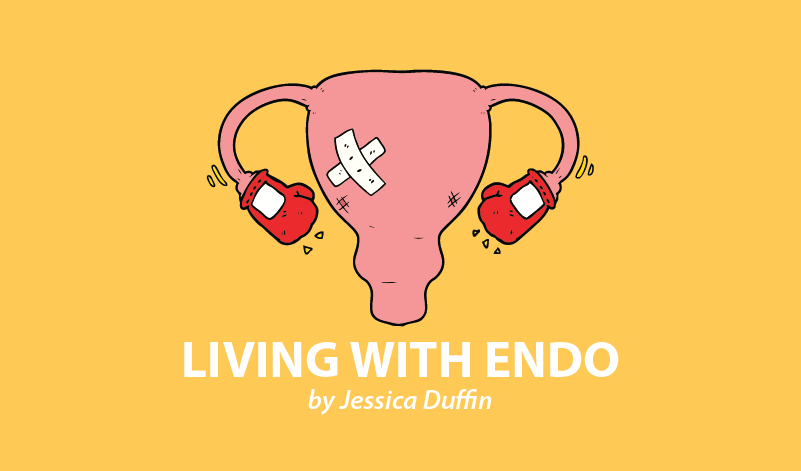Hypnotherapy. It’s one of those words. A word saturated with association — some good, some bad.
Hypnotherapy can be, for some, a scary concept. Many still hold on to an old belief that hypnotherapy, or hypnosis, is about mind control, about making someone do something even if they don’t want to.
Hypnotherapy actually involves a trained therapist working with a patients to get them to a highly relaxed state, which allows the conscious mind to slow down to such a point that the subconscious can be accessed. The therapist then can use the “power of positive suggestion to bring about subconscious change to our thoughts, feelings and behavior.”
For those who are unfamiliar with hypnotherapy, you have to be a willing patient for hypnotherapy to work. If you feel resistance, it’s likely that you won’t allow yourself to relax and, therefore, the subconscious mind will remain buried underneath the conscious.
The second thing to note is that you are awake — you’ll be aware of your surroundings and the conversation, but you’ll be in almost a meditative state. According to the National Health Service, “You’re fully in control when under hypnosis and don’t have to take on the therapist’s suggestions if you don’t want. If necessary, you can bring yourself out of the hypnotic state.” So, if you’ve been holding back from trying hypnotherapy because of fear and old myths, hopefully these facts offer some reassurance.
Last year, when I was in a really dark place with endometriosis pain, depression, and anxiety, my GP felt strongly that hypnotherapy could be a positive next step. He had concerns about whether I was mentally strong enough for psychotherapy, and knew the waiting list for cognitive behavioral therapy was lengthy, whereas I could start hypnotherapy with him immediately.
We had a discussion about whether hypnotherapy was the right choice, and we spent a couple of minutes testing whether hypnotherapy would work on me. It did. And I have to say, I felt nothing that remarkable. I felt relaxed, almost like I’d done a really long session on mindfulness. Yet, I could tell, because it was my first time, that I was aware of getting it “right” and of what it would feel like. I, like many, couldn’t shake the myths from my mind. I was relaxed and my subconscious was at the forefront, but my conscious mind was still in the background, observing and making notes, ready to jump in — just in case.
One of the issues that may have kept me from fully relaxing was my doctor. He was, funnily enough, the only doctor to have taken my endometriosis seriously, so I knew this doctor was a good ‘un. Yet, the fact that he was a man made me feel as if I was putting myself in a vulnerable situation. And, to be honest, he also was a bit of an odd character who I didn’t quite get.
If this experience had been with a woman, or even a male therapist with whom I really clicked, I think I would have surrendered any resistance completely and would have fully felt the relaxed state of hypnotherapy.
Having said all of this, it worked on me. The experience was positive and I left feeling comfortable with the idea and ready to go ahead. Unfortunately, due to work commitments, I wasn’t able to go through with it, but it’s never been far from my mind.
For me, hypnotherapy was really about dealing with the emotional trauma I was experiencing due to the challenges of endometriosis. But hypnotherapy can be used for chronic pain, and it often is.
The Hypnotherapy Directory claims that “rather than convincing you that your pain doesn’t exist, hypnosis for pain aims to manage any fear and anxiety you may have relating to your pain. It also helps to reduce stress and relax the nervous system to help it become less reactive to pain.”
Hypnotherapy is not yet backed by evidence like many therapies are; research needs to be done, and the research that has been conducted is not of the highest quality. Yet, many who have tried hypnotherapy for long-term conditions such as chronic pain and even IBS have felt positive effects.
If you’re interested in trying hypnotherapy for endometriosis, my suggestion would be to check with the professional body for hypnotherapy in your country to find a list of certified hypnotherapists. This will ensure you go to a fully qualified and trained therapist, and then make sure you find someone with whom you will feel comfortable so that you avoid any resistance or internal struggle.
Hypnotherapy may still be associated with magicians for some, but for others it might offer the magic of pain relief.
***
Note: Endometriosis News is strictly a news and information website about the disease. It does not provide medical advice, diagnosis, or treatment. This content is not intended to be a substitute for professional medical advice, diagnosis, or treatment. Always seek the advice of your physician or other qualified health provider with any questions you may have regarding a medical condition. Never disregard professional medical advice or delay in seeking it because of something you have read on this website. The opinions expressed in this column are not those of Endometriosis News or its parent company, BioNews Services, and are intended to spark discussion about issues pertaining to endometriosis.


